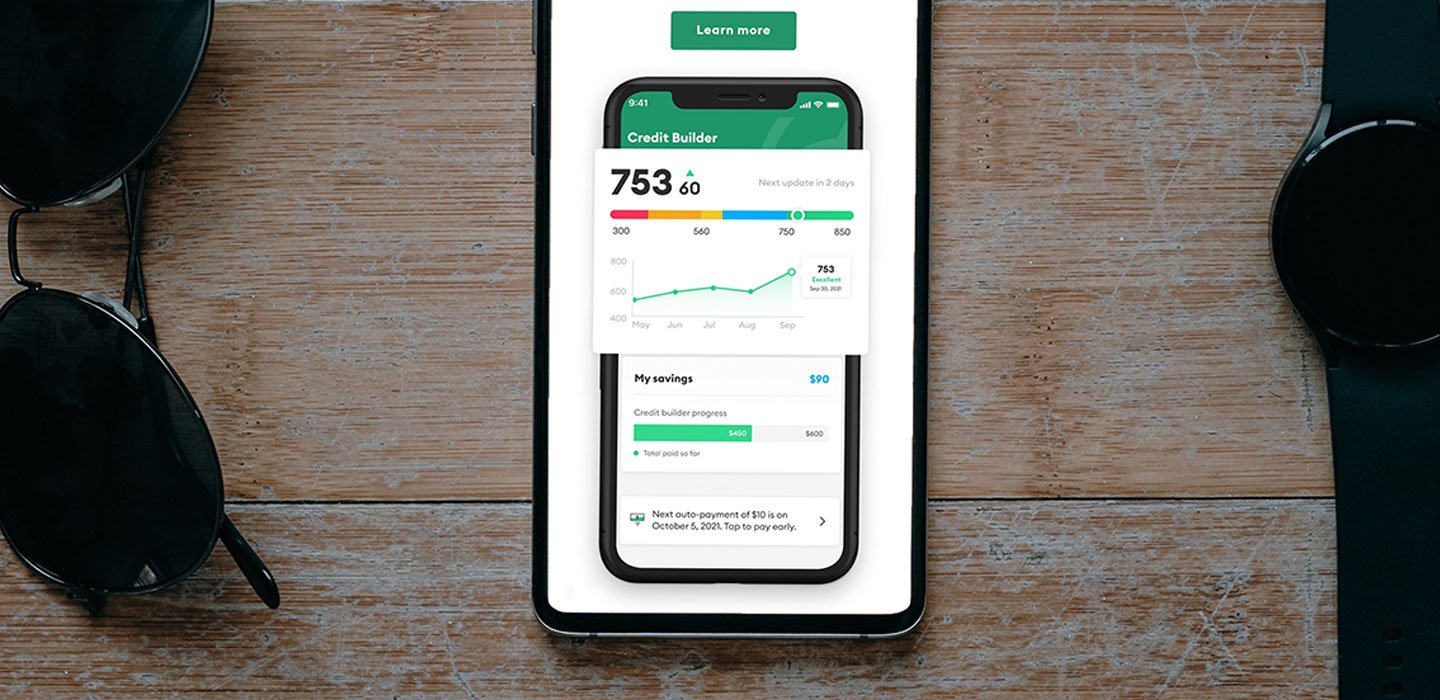During financial setbacks, the priority shifts to taking care of the essentials. If your credit health has slid down a few rungs on the priority ladder, it's time to take action. Ignoring your credit now could cause financial harm long after you're back on solid ground.
A damaged credit rating can prevent you from achieving short- and long-term financial goals, since negative information can stay on your credit report for up to 10 years. Your credit health can also influence where you live, whether you receive a job offer, and how much you pay for insurance, cell phone plans, and other products and services.
Here are several ways to protect or rebuild your credit:
Make at least the minimum payment required by the creditor or lender
A job loss or furlough forces you to reexamine your budget, eliminate unnecessary expenses, and pause certain financial goals, such as saving for a down payment on a home. But that doesn't mean you can afford to stop paying your creditors. Late or missed payments lower your credit score. Since on-time payment history makes up a significant portion of your credit score, pay at least the minimum required payment each month, on or before the due date.
Work out an alternative payment arrangement with creditors
If you're unable to make the minimum required payments to your creditors or lenders, request an accommodation based on your current financial situation. You may qualify for a financial hardship or relief program that allows you to temporarily suspend or make partial payments without negatively affecting your credit.
Mortgages and student loans are two of the largest expenses in most budgets. Fortunately, many lenders are providing relief to borrowers facing financial challenges due to the pandemic. Other creditors may also offer options that help temporarily reduce the amount due each month, but only if you ask.
Contact your lenders for details, and get your new payment arrangements in writing.
Request copies of your credit history reports
To truly understand what you're protecting, order copies of your credit reports from each of the major credit reporting bureaus: Equifax, Experian, and TransUnion. Under normal circumstances, federal law allows you to order a copy of each report for free once every 12 months. You can order them online by visiting AnnualCreditReport.com.1 To help consumers stay on top of their credit during the coronavirus pandemic, you can now access those reports online for free every week through April 2021. Review those reports regularly to assess the current state of your credit health.
Monitor your credit reports
Viewing your report every week can help you keep an eye out for changes you didn't expect. A regular review ensures that the alternative payment arrangements you made with your creditors aren't recorded on your report as delinquent or past due. It can also help you stay alert to suspicious activity. Identity theft usually increases during disasters and other times of crisis — and catching those activities early can help stop them in their tracks.
Dispute any inaccurate information with each credit reporting bureau by following the published dispute procedures on their websites.
Add a Consumer Statement to each credit report
If you've already made late payments, consider adding a Consumer Statement to each credit report that shows the negative entry. The statement is usually limited to 100 words and serves as your explanation of any late or missed payments. While the statement does not influence your credit score, it can provide potential lenders with an explanation surrounding the negative entry, such as a pandemic-related layoff. It could make a difference when applying for a future mortgage, auto loan, or credit card.
Keep records of all communications
All communication with creditors, lenders, and credit card bureaus should be kept in a safe place. This includes documents you submit or receive, along with your notes on any conversations you have with company representatives. Save your documentation in a cloud drive or print copies and store them in a locked filing cabinet.
Setting aside time now to safeguard your credit can put you in a better financial position during the coming economic recovery.
Financial Counseling Can Help
SchoolsFirst FCU has partnered with our team at GreenPath Financial Wellness to help Members develop a financial strategy and learn to make the most of your money. If you're facing financial stress during this challenging time, financial counseling can give you a sense of relief. Visit GreenPath1 to learn more.

